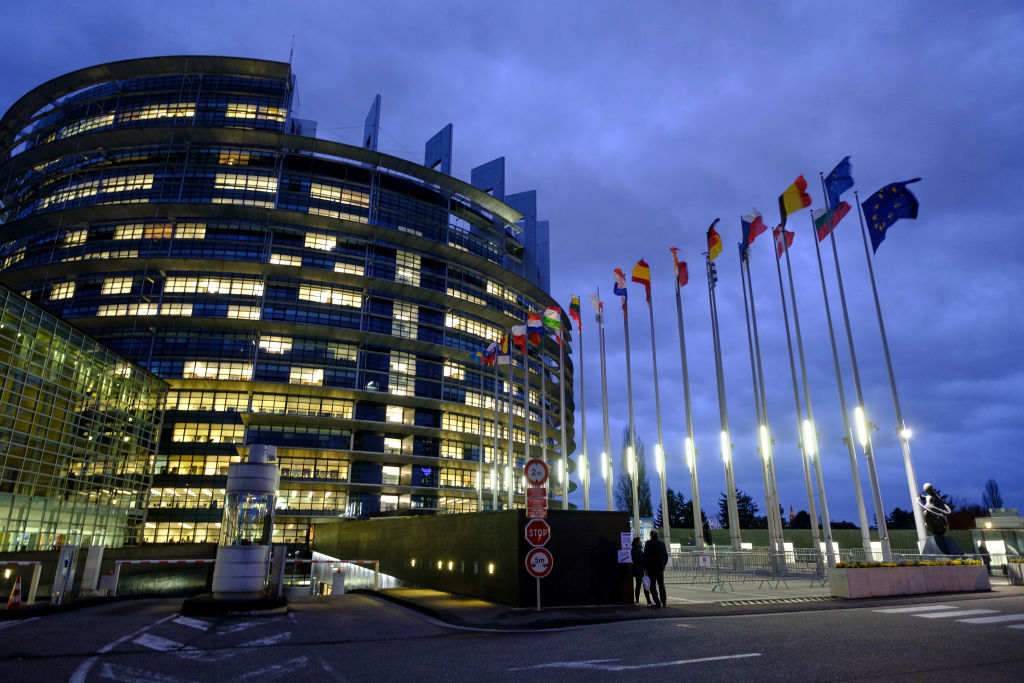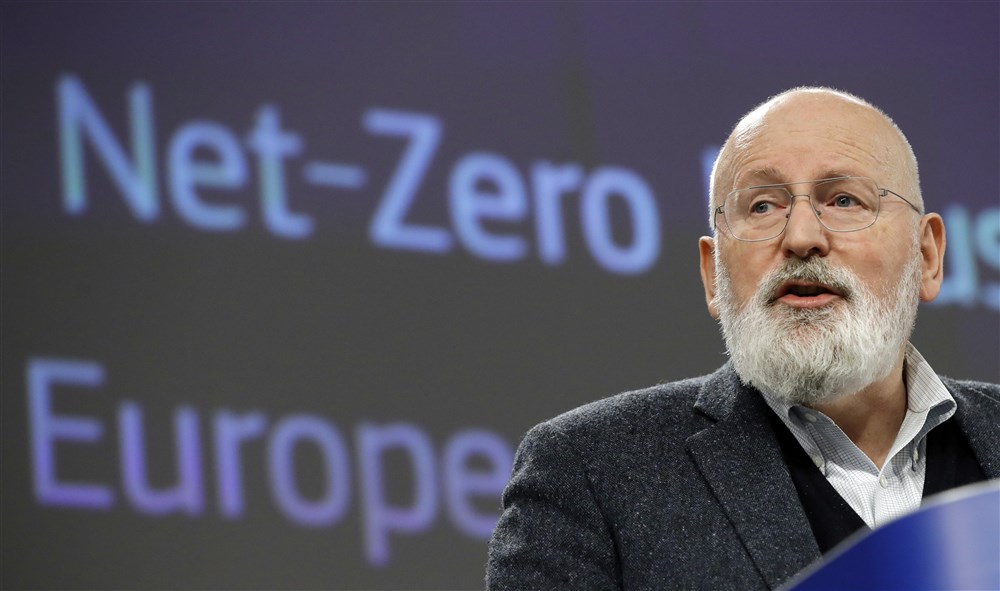The European Union’s much-trumpeted ambition to become the world leader in the production of batteries for electrical vehicles (EVs) is not realistic, according to the European Court of Auditors (ECA).
The ECA has even expressed scepticism over the bloc’s push for an effective transition to greener energy, saying the whole process might be at risk.
In its aim for a sustainable economy, the EU is banking heavily on so-called eco-industries, including a push for the uptake of electric cars. As part of that, it wants the sale of new petrol and diesel cars to be banned by 2035, and is urging citizens to buy electric cars exclusively.
However, the ECA is more than merely pessimistic about the EU’s hopes.
Five years after the adoption of the 2018 action plan designed to make Europe a global leader in sustainable battery production and use, the auditors have assessed the relevance and efficiency of the EU’s industrial policy on such batteries.
An ECA delegation visited Germany, Spain, France, Poland and Sweden (the countries where battery-related projects receiving the most EU funding are situated) as well as Portugal – which has the largest-known reserves of lithium, a critical element in electric car batteries, in Europe.
The problem, according to the ECA, is that the market for car batteries is currently dominated by China and Chinese companies hold three-quarters of the worldwide production capacity, and the easiest access to the necessary critical components.
By contrast, Europe is only home to seven per cent of global production capacity – and most of that is owned by South-Korean companies.
For this reason, the EU devised a ‘strategic action plan’ in 2018, designed to enable the creation of “a competitive battery ‘ecosystem’ in Europe”. The goal was to prevent “major technology dependence” on competitors, but also to exploit the potential of the electric car battery sector to provide jobs, economic growth and investment.
It is projected that, by 2040, battery demand from EVs produced in Europe will reach a total of 1,200 gigawatt-hours per year.
In its report on the future of EV powerplants, ECA member, Annemie Turtelboom, who led the investigation, said that even after five years, the EU is not in a strong position.
She pointed out that access to raw materials is extremely challenging, production costs are rising and investors are becoming less enthusiastic. Although billions of Euros in grants, guarantees and state aid have been provided, the European Commission does not have a good understanding of the appropriate use of the aid, she said. That is hindering a well-targeted approach to the situation, the report said.
The main issue is the lack of access to raw materials, the ECA found. At present, the EU is “strongly dependent on countries with which it has no trade agreement”, according to Turtelboom. One such is Australia, which provides 87 per cent of the bloc’s imported lithium. Meanwhile, 68 per cent of cobalt – also a critical battery component – comes from Congo, a country mired in all kinds of domestic trouble.
Although Europe has several mining reserves, it takes at least 12-16 years from their discovery until production, making it impossible to respond quickly to increases in demand. However, current contractual arrangements typically secure the supply of raw materials for only two or three years of forward production. In March this year, the European Commission proposed a Critical Raw Materials Act to address this situation, the auditors note.
“The EU must not end up in the same dependent position with batteries as it did with natural gas; its economic sovereignty is at stake”, wrote Turtelboom. “By planning to end the sale of new petrol and diesel cars by 2035, the EU is betting heavily on batteries. But it might have the weaker hand in terms of access to raw materials, attractiveness to investors and costs.”
The competitiveness of EU battery production may further be jeopardised by rising raw material and energy prices. At the end of 2020, the cost of a battery pack (€200 per kWh) was more than double the amount planned. In the last two years alone, nickel has risen in price by over 70 per cent and lithium by 870 per cent.
The auditors also criticised the lack of quantified, time-bound targets. Some 30 million zero-emission vehicles are expected on European roads by 2030 and, potentially, nearly all new vehicles registered from 2035 onwards will be battery-powered. However, the EU’s current strategy does not assess the capacity of its battery industry to meet this demand.
? The EU is betting heavily on electric cars for its future mobility. But to power these, we need batteries. So, will the EU’s bet pay off? Our new report found the odds are not looking good. Find all facts & figures on this highly relevant topic here ? https://t.co/yPAXpgOPTP pic.twitter.com/RgTQ07TYry
— Annemie Turtelboom (@ATurtelboom) June 19, 2023





